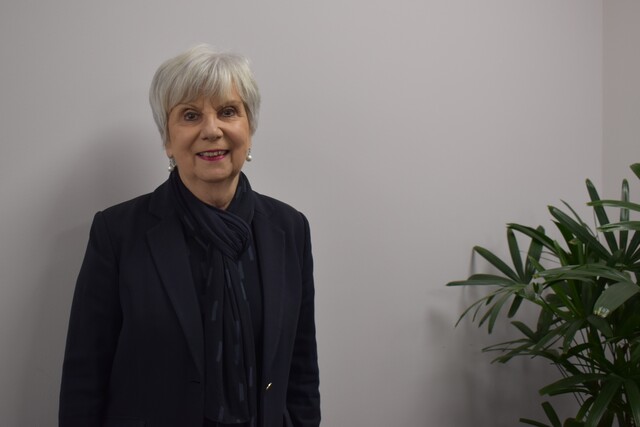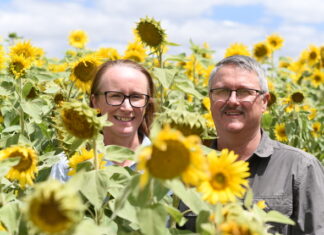Wattle Range drops the Limestone Coast Local Government Association

Digital Edition
Subscribe
Get an all ACCESS PASS to the News and your Digital Edition with an online subscription
Sun sets on sunflower season
A SEA of yellow has overtaken local social media accounts with sunflowers this year’s biggest hit.
Community groups, disability groups and aged care...







